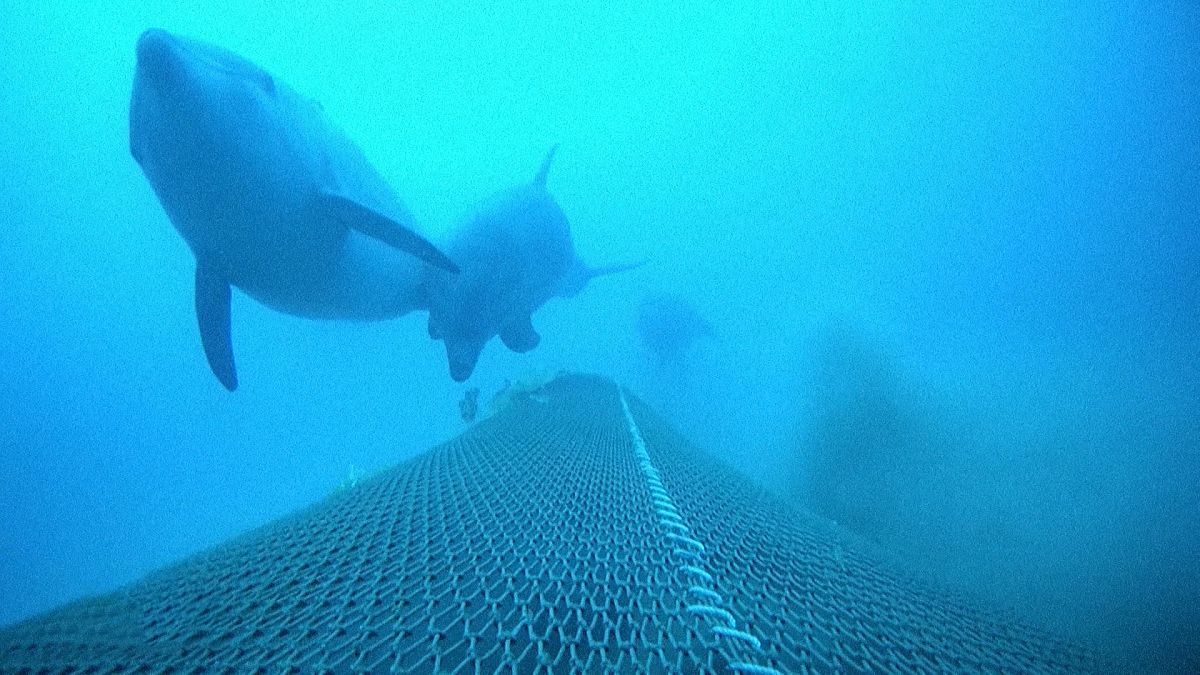Volkswagen workers worry about future as they stage warning strikes

Thousands of workers at Volkswagen’s headquarters in Wolfsburg launched warning strikes on Monday, with the works council accusing shareholders of prioritising billions in profits while workers face job insecurity and potential layoffs.
The sounds of whistles and chants echoed through Wolfsburg, home to Germany’s Volkswagen’s headquarters, on Monday as workers staged protests.
Tens of thousands of VW employees across Germany halted production every few hours, following failed negotiations between the carmaker and unions.
Volkswagen plans to close three plants, cut thousands of jobs, and slash wages by 10% to save costs, citing sluggish car demand, rising labour expenses, raw material shortages, and delays in the shift to electric vehicles.
The Wolfsburg strike began with the works council sharply criticising shareholders Porsche and Piëch, accusing them of making billions in profits over the past decade while workers now face the possibility of mass layoffs and wage cuts.
In Germany, works councils, which function similarly to employee councils, are elected bodies representing workers’ interests directly to management and operate independently from trade unions.
The VW works council is urging the company to find a fair solution that avoids job losses and factory closures.
Christian Koziol, a Volkswagen employee with over 40 years of service, is deeply concerned about the future of Wolfsburg.
“What about our children — where will they work in the future? It’s very unsettling,” he told Euronews.
Commenting on the impact of political decisions on the car industry, Koziol acknowledged the importance of climate protection and said, “Looking back, we must admit that the emphasis on CO2 limits, compliance, and potential penalties likely constrained many companies in their decision-making.”
“They had no other option but to move towards e-mobility to comply with these standards. This cuts across the entire industry,” Koziol said.
He also questioned whether policies on subsidies were well-designed, adding: “Was it wrong to end the subsidies? Was it wrong to set the subsidies so high at first, only to abruptly stop them? All these factors impact the automotive industry.”
Atmosphere remains tense
The mood in Wolfsburg is sombre, as talks between the union and VW are set to continue next Monday. The union is also threatening harder strikes if no agreement is reached.
With snap elections coming up in February, and the car industry very much the backbone of the German economy, it seems more likely that the country will vote to change leadership.
But declining demand is not just affecting Germany. Italy, France and Belgium are also facing a dramatic sales slump, posing a broader risk of economic instability across the eurozone.
World News || Latest News || U.S. News
Source link



